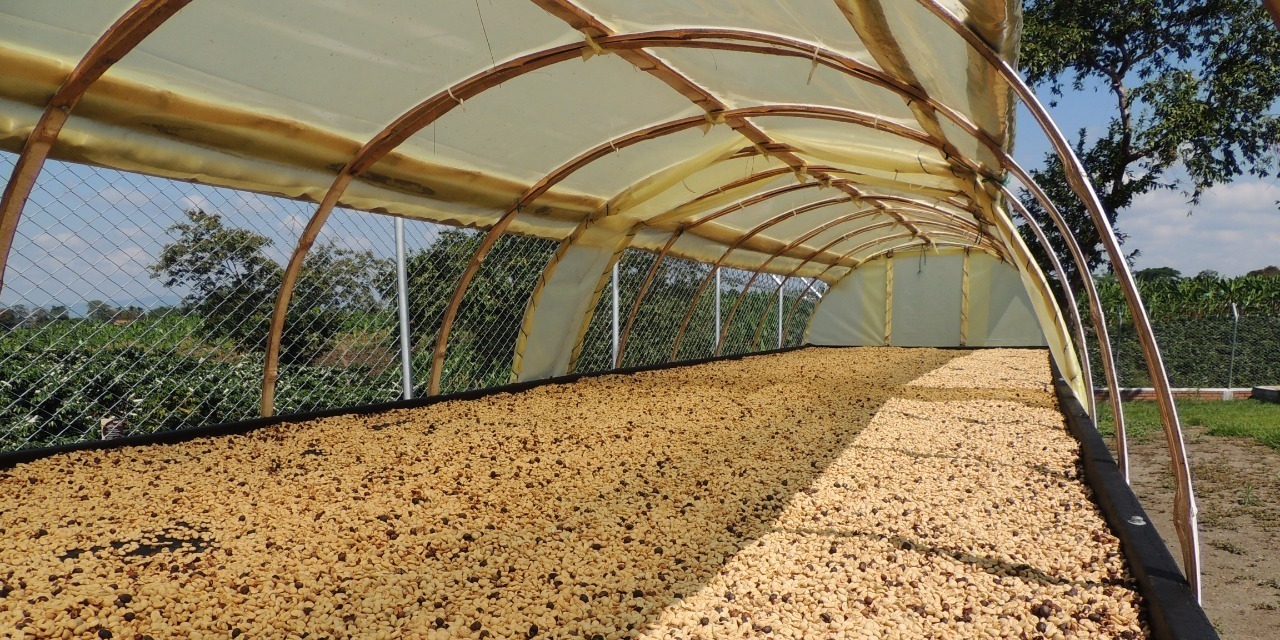For us is very important matters
Posted on 29th November 2021 at 09:23
Before I delve into the real deal of interest, I would like to shed some light on what the word "sustainability," which has been used as a buzzword lately, really means! Let me break the ice for you, so sustainability implies the maintenance of an ecological balance in the atmosphere by avoiding and preventing the depletion of natural resources by all means. In easier words, it is centered around the ability to meet our own needs without depleting the needs of our future generations. It is not to exploit the natural resources or turn blind to your children or their children or their grandchildren while meeting your own needs.
Sustainability is beneficial for the ecosystem as it also provides added benefits to us by significantly improving the quality of our lives preserving the re-useable resources for the generations that are yet to come. When it comes to the corporate world, sustainability is centered around the holistic approach by an organization and taking everything into account, ranging from customer service to logistics to manufacturing.
In addition, sustainability supports the wellbeing of individuals and the communities around them. The benefits of sustainability are numerous as it not only ensures a better economy but also promotes an ecosystem that has significantly reduced pollution and waste, lesser emissions, more employment opportunities, and a better distribution of wealth and resources.
Now, this is where the real question arises, but what does sustainability in coffee mean? We didn't know that types and categories existed in coffee, but we need to know them now. Our planet is calling us, and if not now, then when?
Sustainable coffee generally refers to a coffee that is sold, processed, and grown in a way that does no harm to the environment and is a pro planet. In addition, it is a coffee that supports the environment, which brought it to life. Sustainable coffee also supports the livelihood of the people who contributed to producing it.
Simply put, it is a type of coffee manufactured in a way that makes it possible for every member in the coffee value chain ranging from the coffee roaster to the coffee farmer, to earn profit from his business. The former would ensure that no compromise is made on the general human rights and that good practices are upheld in the business. This would, in turn, ensure that each member in the coffee chain sleeps peacefully and happily, followed by waking up even more enthusiastically to make that hot, delicious cup of coffee that he knows in his heart is fair to all the participants.
It is high time you cut off on that unsustainable cup of coffee as it not only wrongs the ecosystem but is also unfair to the farmers who are working for a few bucks so you can enjoy your delicious cup of coffee on that comfy sofa set. On the other hand, sustainable excelso coffee tastes divine because it is grown to support the environment and nature. Moreover, it calculates a sense of satisfaction in you when you know that the heavenly cup of coffee you drink at 8 am every morning contributes to the wellbeing of communities and, in turn, the planet. It makes you believe that you are at least paying your part towards sustainability which feels pleasant and peaceful at the same time.
What you can do now is to start getting your hands on sustainable coffee as it is exclusively manufactured on the farm using all-natural fertilizers. It is keenly formulated, ensuring that no chemical fertilizers are added at any time throughout the manufacturing process. Not only this, a cup of sustainable coffee is made through care, all steps in the growing process. There are two vital types of sustainable coffee which you need to get your hands on! Starting with the green bean coffee, which is proven to provide health benefits, including weight loss, lowering blood sugar, and added benefits on metabolism. Next on the list is the only Columbian coffee exclusively formulated from Arabica coffee and is regarded as the higher-quality coffee bean.
Share this post:






